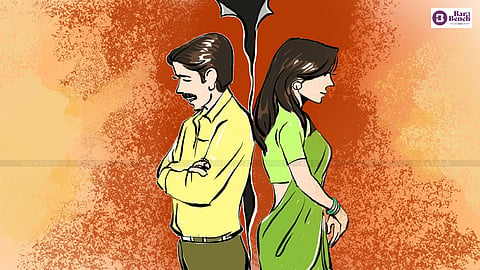
- News
- Columns
- Interviews
- Law Firms
- Apprentice Lawyer
- Legal Jobs
- हिंदी
- ಕನ್ನಡ

A wife attempting suicide and then trying to put the blame on her husband and in-laws is an act of extreme cruelty and a ground for divorce, the Delhi High Court observed recently.